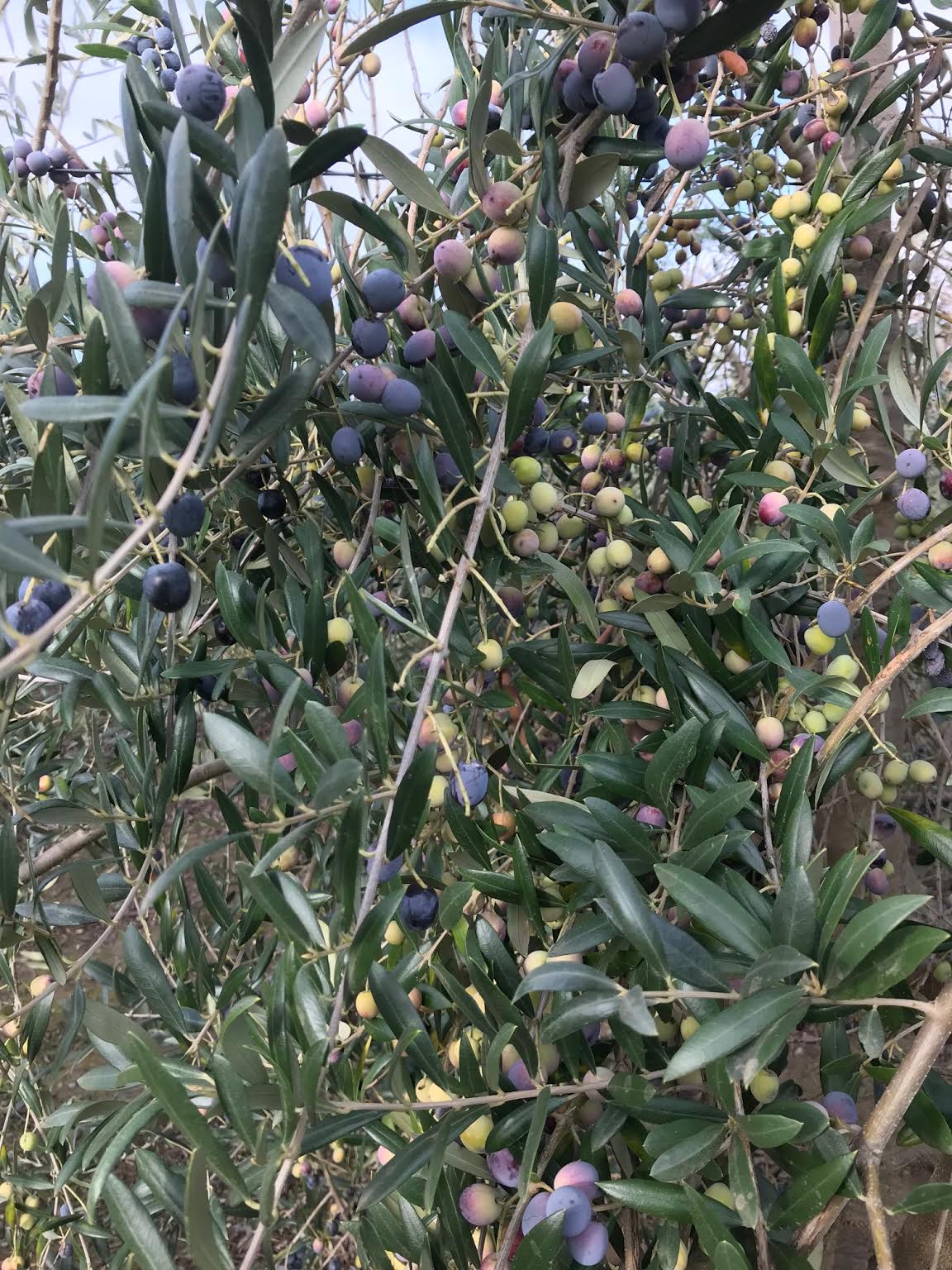Main project image

Project description:
Olives are abundant in phenolic compounds, which contain antioxidants. However, during olive oil production, the majority of phenolics end up in the waste streams (water and pomace). These phenolic compounds can be toxic to soil organisms, which limits waste disposal into agricultural land. There is great interest in recovering these high-value phenolics from waste streams; however, current strategies like filtration and biodigestion are energy-intensive not feasible on a large scale. This research project seeks to explore new methods to decrease the amount of phenolic by-products in olive oil production, with a goal of introducing more sustainable options for mitigation. The details of the study can be found here.
Location:
UC Davis
Grant funding amount:
$1001-5000
Grant cycle:
Fall 2017
Project status:
Complete
Project leaders:
- Chelsey Souza (Pharmaceutical Chemistry)
- Lauren Crawford (Food Science & Technology)
UN Sustainable Development Goals associated with project:
6-Clean water and sanitation
9-Industry, innovation and infrastructure
11-Sustainable cities and communities
12-Responsible consumption and production
